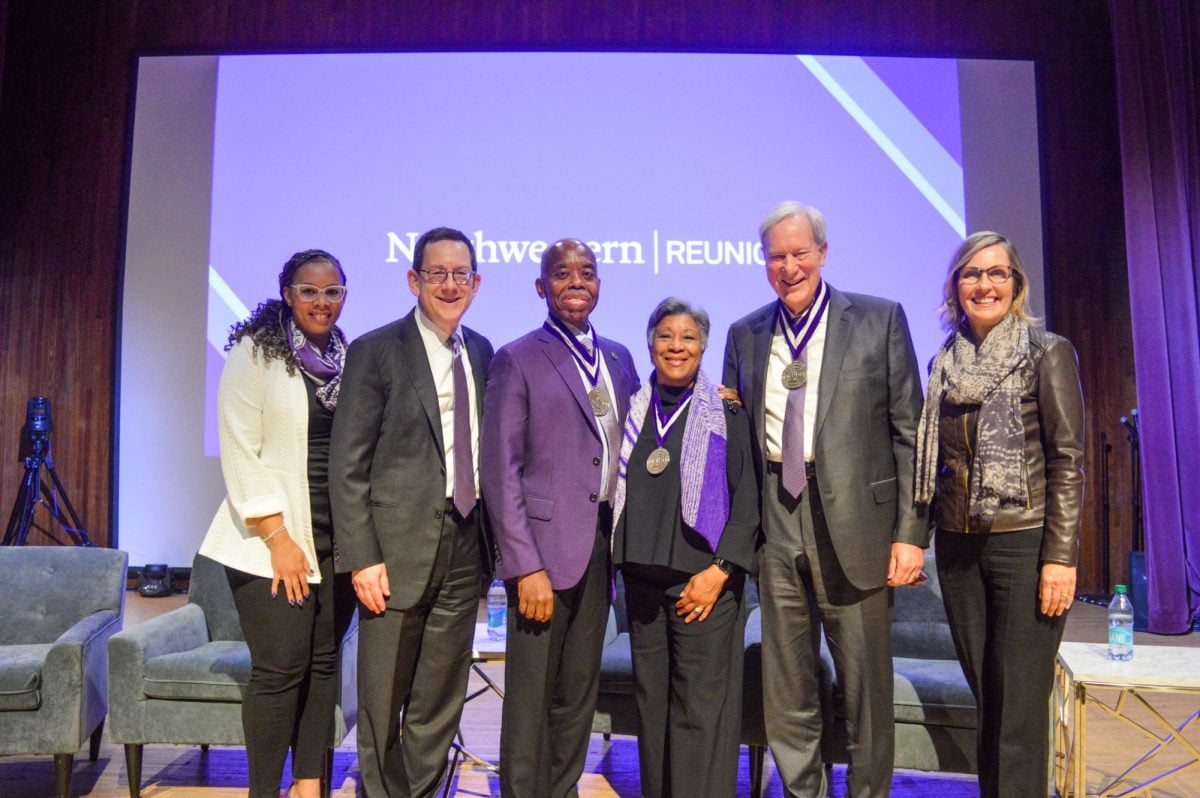A man whom the Northwestern Law School’s Center on Wrongful Convictions helped exonerate for murder won a $25 million civil suit from the City of Chicago on Wednesday.
Thaddeus “T.J.” Jimenez was released from prison in May 2009 after serving 16 years of his 50-year sentence, according to a May 6, 2009 article in The Daily. Jimenez had been falsely identified as the murderer when he was 13 years old.
Rob Warden, the executive director of the Center on Wrongful Convictions, said he could not comment on specifics of Tuesday’s victory because a sister center, the McArthur Justice Center, handles all civil cases. However, he noted the sum Jimenez won constitutes the largest amount of money ever rewarded in an Illinois suit with a single defendant.
“I would hope that a verdict of this size would encourage the city of Chicago to settle these cases in the future,” Warden said. “There are a lot of them coming forward, and $25 million is a scary verdict for the city to contemplate.”
Over the past three months, 10 Cook County defendants have been exonerated. Although Warden said he cannot comment on impending litigation, he said these defendants could very well file civil suits that would be costly for Chicago.
The Center last gained media attention in October, when Cook County dropped charges against client Jacques Rivera, who had served 21 years of an 80-year sentence for a murder to which he had falsely confessed. Warden said more than half of all Illinois exoneration cases involve false confessions. Referencing a 2003 state law that mandated police interrogations be electronically recorded, Warden said he hopes for more reforms to curb these cases. The Center is working on a push to limit the length of police interrogations and regulate lies police are allowed to tell when trying to get a confession.
As for preventing coerced identification cases like Jimenez’s, Warden said the Center would like to see police record every level of questioning they conduct.
“We have the technology to do that,” Warden said. “Police are now recording routine traffic stops. There’s really no reason that recording couldn’t be used in a more widespread fashion.”
In the meantime, Jimenez could face up to three years of jail time for an illegal drug possession charge he received in December, according to an article on NBC Chicago’s website.
– Michele Corriston






